The US FDA has authorized the Pfizer-Biontech Covid-19 vaccine for adolescents, prolonging vaccinations to those 12 to 15 years. The vaccine had already been allowed to be used over those aged 16 or older, and this is the first time that a vaccine deployed in the United States had sought a revision of the FDA emergency authorization ( EUA) to cover young people.
The impact of COVID-19 on children and adolescents has been a controversial subject since the beginning of the pandemic. Despite suggestions from some neighborhoods that young people could not catch coronavirus, the data showed that not being the case. However, “children and adolescents usually have a softer Covid-19 disease course, compared to adults,” says FDA.
Between March 1, 2020 As of April 30, 2021, the FDA said today, about 1.5 million Covid-19 cases among young people aged 11 to 17 were reported to the CDC. Even if the experience of Covid-19 infection is less intense, there is still the potential to disseminate it to others. This has been a non-insignificant obstacle to reopen schools, for example.
Now, with the submission of new data covering the administration of the Pfizer-Biontech drug to a younger cohort, the FDA expands the existing UEA of pharmaceutical companies.
“Today’s action allows a younger population to be protected against COVID-19, bring us closer to return to a sense of normality and put an end to the pandemic,” said the FDA Commissioner Janet Bodcock , MD said today in a statement. “Parents and guardians can be assured that the Agency has undertaken a rigorous and thorough review of all available data, as we have all our Covid-19 vaccine emergency authorizations.”
The vaccine will be administered in the same way it was currently used, with two separate doses of three weeks. As for adults, adolescents will be considered “fully vaccinated” two weeks after the second final dose.
To prove both safety and efficiency, the test included 2,260 participants aged 12 to 15 in the United States. About half received the Pfizer-Biontech vaccine and the remaining half of a placebo saline. Those who gave the vaccine were then followed for security for at least two months after their second dose.
As for adults, the most commonly reported adverse effects for adolescents were injection, fatigue and headache, chills, muscle pains, fever and joint pain. More side effects reported after the second dose than the first, it is emphasized. “It is important to note that, as some individuals have side effects as a result of any vaccination, and that all the experiences of each individual will not be identical and some people may not have side effects,” says the FDA . Above all, you do not need to feel side effects so that the vaccine is effective.
The tests of those vaccinated suggest that it was 100% effective in adolescents in the prevention of COVID-19. To be confirmed, meanwhile, is how long the vaccine will provide protection. Similarly, it is difficult at this point relatively early, that the vaccine can prevent the transmission between individuals.
Before vaccinations can begin among 12 to 15 years, the United States will have to meet to decide to move forward on the FDA authorization. The CDC should meet Wednesday to decide that with vaccinations under the newly extended UEA, do not start before this point.

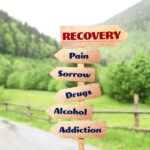
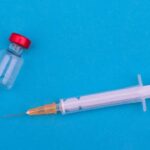


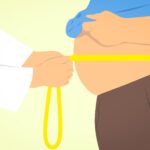
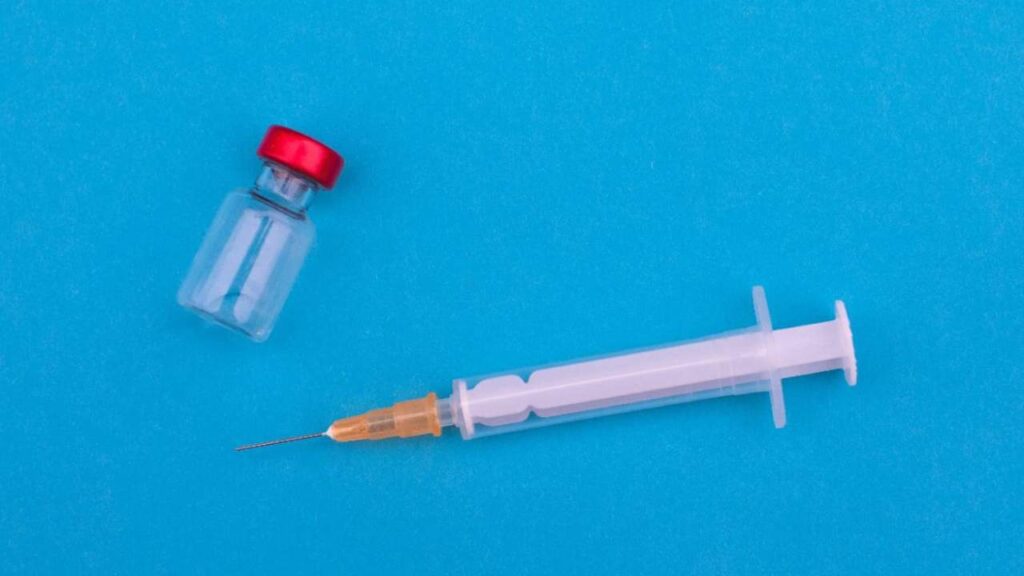

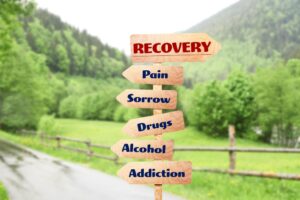


More Chintu Stories
The procedure of making an aftercare plan for rehab.
Can I eat grilled chicken every day?.
The breakthrough considerably increases the reliability of Perovskite solar cells